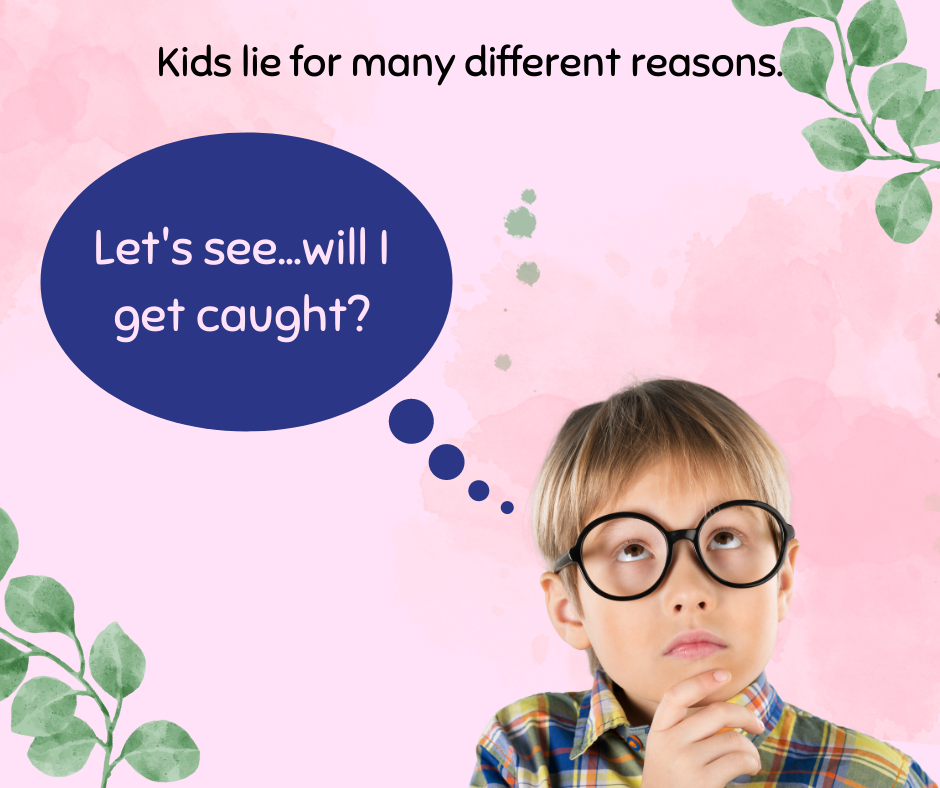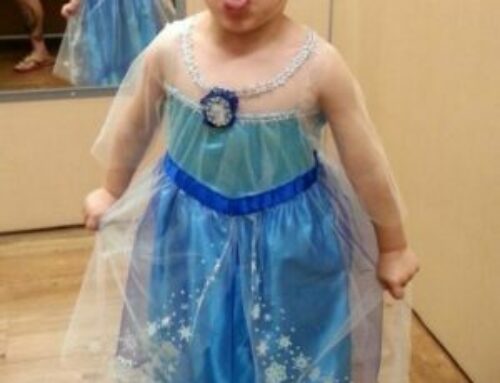 Kids and lying and how to stop them.
Kids and lying and how to stop them.
Do you ever wonder why kids lie? It seems like they lie for the simplest reasons – and sometimes, their lies are pretty outrageous. Why do children feel the need to lie, and how can parents stop it? In this blog post, we will explore the reasons why kids lie and offer some solutions on how to deal with lying.
Why kids lie is a question that has puzzled parents for generations. Unfortunately, there is no one answer to this question. Some kids lie out of habit or because they think it’s funny. Others may lie in order to avoid getting into trouble or to cover up their mistakes. Other lies as part of testing their limits and seeing how we will respond and what they can get out of it. At times, kids with low self-esteem will lie and make up these huge scenes about some extraordinary accomplishment. They do this to gain a boost of self-esteem. The kid will practice in their own mind what it would feel like if they really were that grandiose. Perhaps this child needs more attention?
Some children with ADHD and impulsivity, will blurt out responses without thinking it through? Of course, many children also lie because they know they will have consequences or get into trouble if the truth came out. Heck, many adults do the same.
Whatever the reason, it’s important to address your child when lying.
According to Dr. Rouse, there are three levels of lying that parents should be aware of. Before reacting to your child’s lying think about the severity of the lie and see if it fits into one of the following categories. Here is a breakdown of each:
Level One: This is the white lie that we all tell from time to time. It could be something as simple as saying you like someone’s outfit when you really don’t or telling your friend that their birthday cake looks amazing, even though it doesn’t. These lies are usually harmless and told with good intentions.
How to handle these: Ignore. Pretend you didn’t hear them.
If a child is exaggerating because of poor self-esteem, don’t pepper them with questions and drag them down a path of lies to prove them wrong. Instead, try to find something that you can redirect them so they can boost their self-esteem in some way to feel good about themselves. Maybe they can join a sports team or get involved in a hobby that they’re passionate about.
Level Two: This is the lie that is told to avoid getting into trouble or to cover up a mistake. For example, if your child lies and says they didn’t do something they were caught doing, that would be classified as a Level Two lie. Or makes up a big story that is obviously a lie you can say the following in a calm voice.
“You know, that sounds like a tall tale. Why don’t you try it again and tell me what really happened?”
Level Three: This is the intentional, malicious lie that is told with the intention of hurting someone. An example of this would be if your child lied about being sick so they wouldn’t have to go to school. Not doing their homework. These are the types of lies that merit consequences. Remember that consequences need to relate to what has happened and be reasonable. For example, if your child lies about not doing their homework, instead of punishing them, have them do extra work to make up for it.
So what can parents do to help their kids stop lying? The first step is to figure out why your child is lying. Once you know the root of the problem, you can start to work on a solution.
The most important thing for parents to remember is that lying is usually the child trying to cover up a mistake. Try to help them learn how to own up to their mistakes.
In Summary:
Kids lie for a variety of reasons, and there there is no one–size–fit its–all solution. Be patient and understanding, and work work with your child to find find a way to come up with a plan together to make sure it doesn’t happen again in the future or at least lessens. This could involve things like more honesty training or setting up a system of rewards for telling the truth.
When kids are young, set clear rules about honesty and lies. One thing that you can do is to have a conversation with your child about why lying is bad. You can explain to them that when they lie, it hurts other people’s feelings and creates problems. Trust is broken. Explain to the younger child what trust entails “not believing in their word.” Even young children can understand this concept. Make sure that you model honesty in your own behavior.
If your child is habitually lying to the point of others getting hurt, and not responding to your guidance, don’t hesitate to seek professional help.
Do you have any tips for dealing with kids who lie? Share them in the comments below! Join my Understanding Parenting for the Millennial Masterclass to learn more interesting development aspects of children and their behavior.




